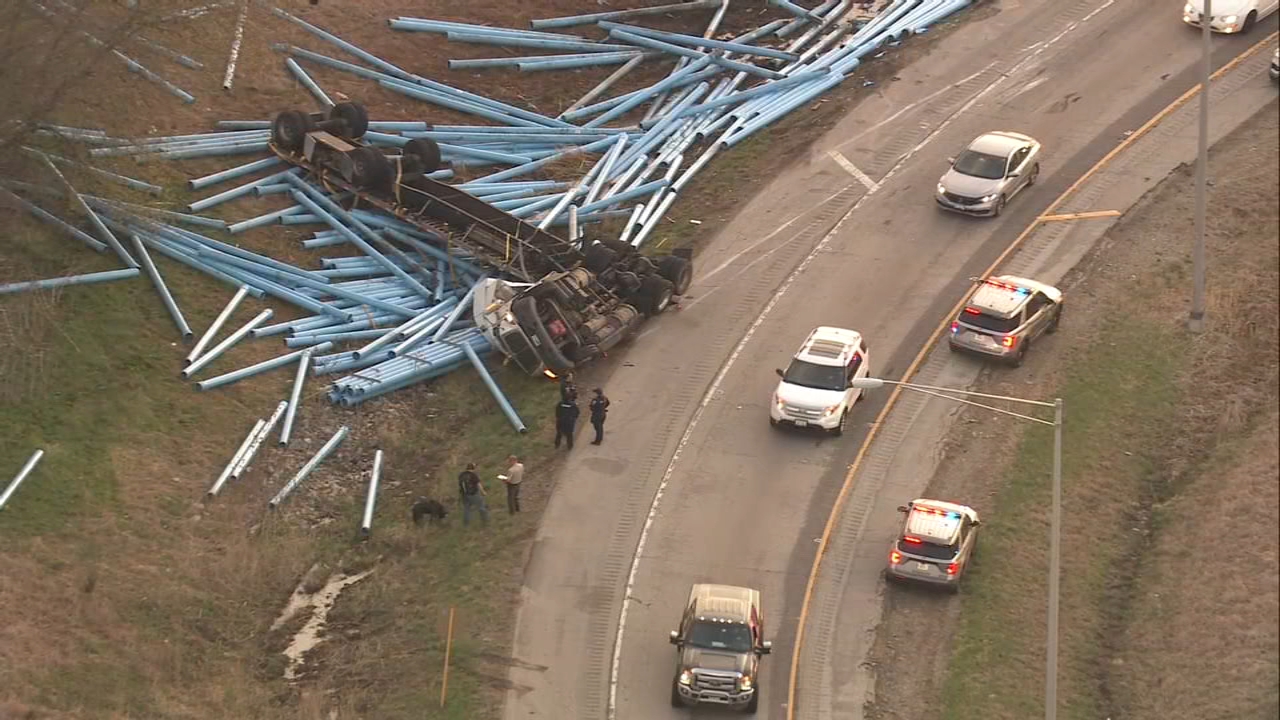Illinois Republicans to introduce legislative package to discourage migrant arrivals

SPRINGFIELD, Ill. (WLS) -- The bright sun is deceiving for newly arrived migrants not used to this kind of cold; some were gloveless as they risked frigid temperatures to beg for help on a street corner in the Loop, or hung out outside the shelter at the former Standard Club. Some took advantage of the Harold Washington Library to get warm.
But instead of extending a helping hand, some Illinois Republican lawmakers said they plan to introduce a legislative package aimed at discouraging migrants from coming here, including repealing an element of the Trust Act that prohibits local law enforcement from cooperating with U.S. Immigration and Customs Enforcement, or ICE.
"Our hope is they are going to have traveler's remorse and that migrants will return to their home country," said State Senator Andrew Chesney (R-Freeport).
"I've been a police officer since 1993. I can tell you it's insane, that you have one law enforcement agency not able to speak to another," said state Rep. John Cabello, assistant Republican leader.
READ MORE: Mayor Johnson addresses plans to house migrants amid winter storm
Additionally, state republicans criticized Illinois for providing health care for undocumented residents and for providing housing and resources to the migrants.
"Governor Pritzker, his allies in the General Assembly, Mayor Johnson have rolled out the red carpet for the migrants," Chesney said.
RELATED: Gov. JB Pritzker blasts Texas governor for primarily sending migrants to Democratic cities, states
While the state will continue to care for new arrivals, Gov. Pritzker has asked Texas Gov. Greg Abbott to stop sending them here during the bad weather. His request was ignored.
"I think that tells you everything you need to know about the Republican Party, their position on migration and Gov. Abbott himself," Pritzker said Monday.
The Republican migrant legislative package is unlikely to gain traction in Springfield; nor is more state money for the migrants. In a statement, Democrat Senate President Don Harmon said, "We recognize the moral imperative of aiding our new neighbors, but we also have lingering issues with the unhoused, food insecurity, mental health and lack of employment in communities across the state that deserve resources and assistance, too."











